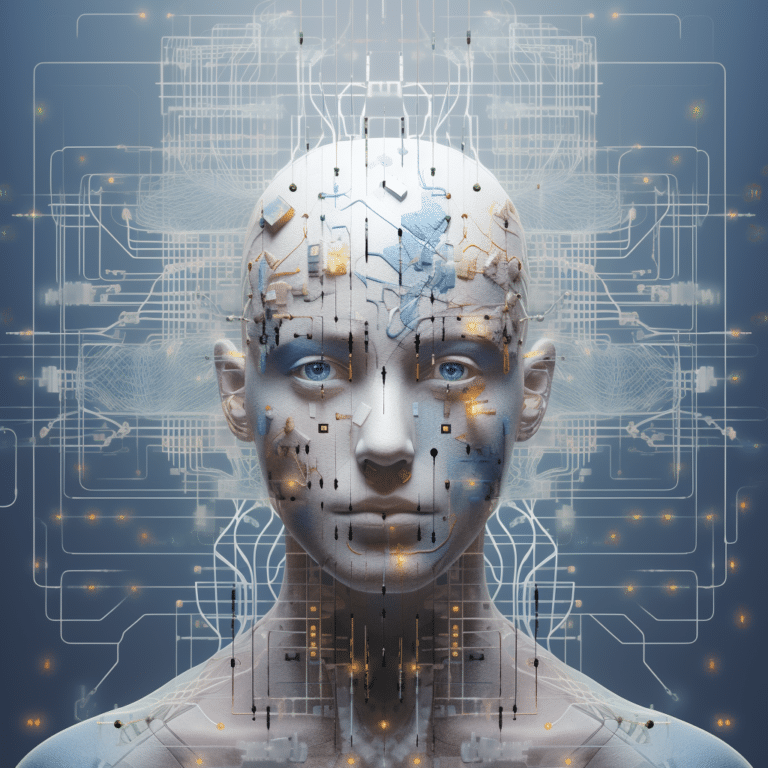ChatGPT: The New Medical Detective on the Block
From Sherlock to Poirot, detectives have always been portrayed as the vanguard of justice. But in this era of rapid technological advancement, it seems that there’s a new detective in town. A silent, tireless, digital one: ChatGPT.
A Narrative Worth Spinning
It’s not just about sleuthing crimes, but unmasking medical mysteries. I’ve emphasized in my previous videos how AI is poised to revolutionize health care. So, when AI unveils a medical diagnosis that baffled 17 doctors over three years, it’s time to sit up and take notice. Can we term it Example A or have we already moved on to Example D? How many more instances do we need?
A boy with a mysterious chronic pain. Seventeen consultations, zero answers. Enter ChatGPT. The mystery? Solved.
After plugging the boy’s symptoms into ChatGPT, a diagnosis emerged. One that was subsequently confirmed by a doctor. The result? The boy named Alex underwent a successful surgery for his tethered cord syndrome and is on the road to recovery.

Beyond Singular Stories
This isn’t an isolated incident. Reports surfaced recently about another AI marvel—this one can detect eye diseases and predict the risk of Parkinson’s merely from retinal images. Isn’t that astounding? The convergence of health care and AI appears to be the partnership we didn’t know we needed.
“When an AI model, akin to ChatGPT, starts predicting multiple health conditions, one can only marvel at the horizon ahead.”
The Broader Canvas: AI in Healthcare
I foresee a surge in such AI-driven medical breakthroughs. Diagnoses, early detections, drug discoveries—the possibilities seem endless.
But wait, is it all sunshine and rainbows? Like every coin, AI too has its flip side. Yet, one cannot help but wonder: will the overwhelming positives outshine the potential negatives?
AI Regulation: Closed Doors & Big Names
Diving into the realms of AI’s governance, a significant event unfolded. Top AI leaders met the U.S Senate in what can only be described as a mysterious closed-door forum. Speculations aside, the unanimous sentiment echoed was the need for AI regulation. Every AI developer seeks oversight—a roadmap to navigate this vast, uncharted territory.
Elon Musk, the renowned tech tycoon, shared insights post this clandestine gathering. His words emphasized a mature, yet crucial, dialogue.
“Every civilization has its rise and fall.”
So, does AI mark our ascent or descent?
Musk’s Musings
Concluding the event, Musk, in his quintessential style, was queried: Will AI be our doom?
His reply, laced with his trademark wit and candor: “I hope not. It’s about probabilities, not certainties.”
So, as we stand at this crossroads, the ultimate question lingers: With AI’s rise, are we ensuring the longevity of our civilization or accelerating its decline?
Your Thoughts Matter
But beyond all the advancements, predictions, and speculations, what stands out is the collective voice of the community. As we delve deeper into the AI realm, it’s essential to remember that its future is shaped not just by tech moguls or developers, but by every individual who interacts with it.
So, what do you think? As AI continues to evolve, will it be the beacon of hope that propels us to greater heights, or the very factor that challenges the fabric of our existence?
Drop your thoughts and comments below. In this conversation about AI’s future, every perspective is valuable.
